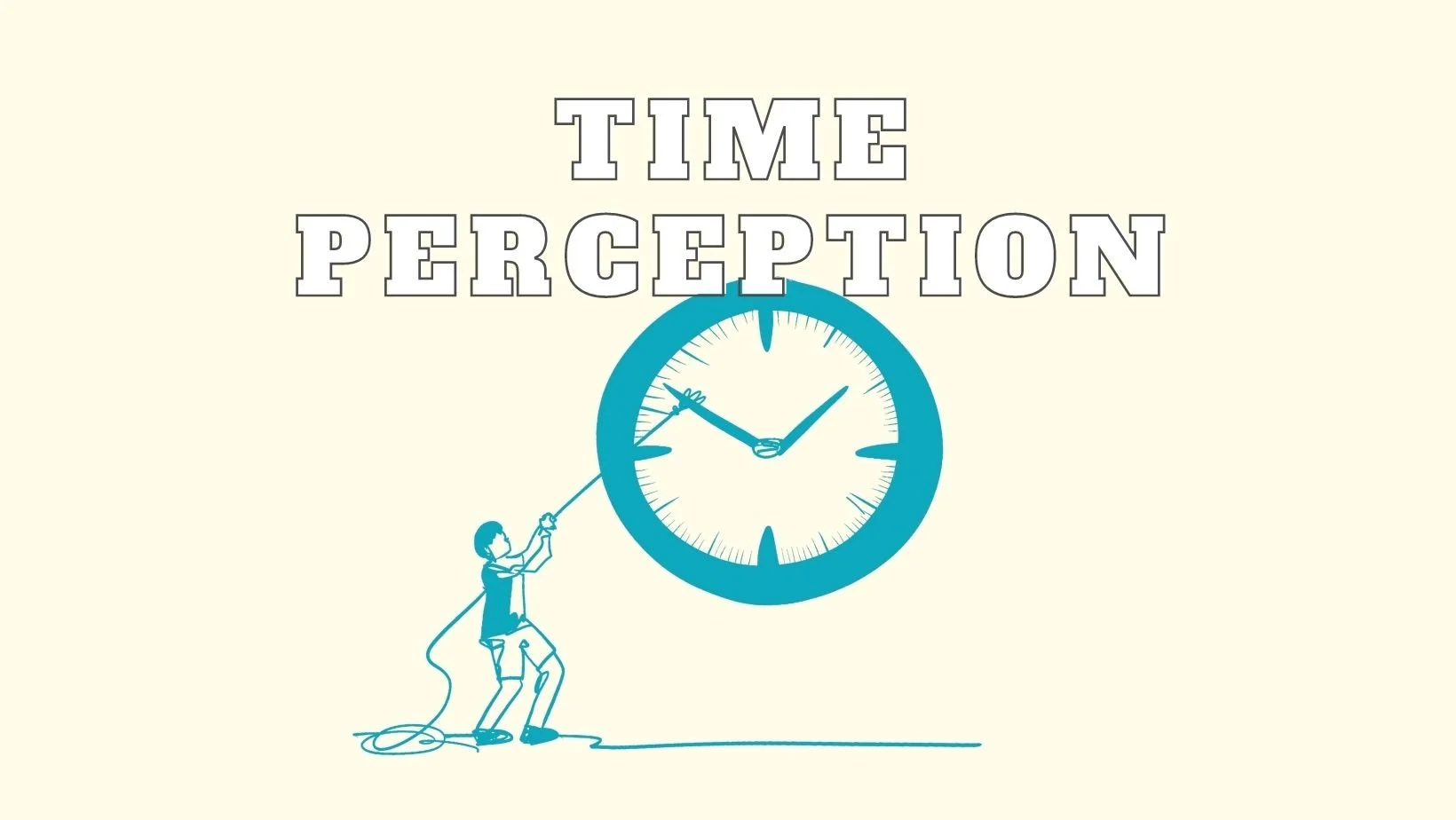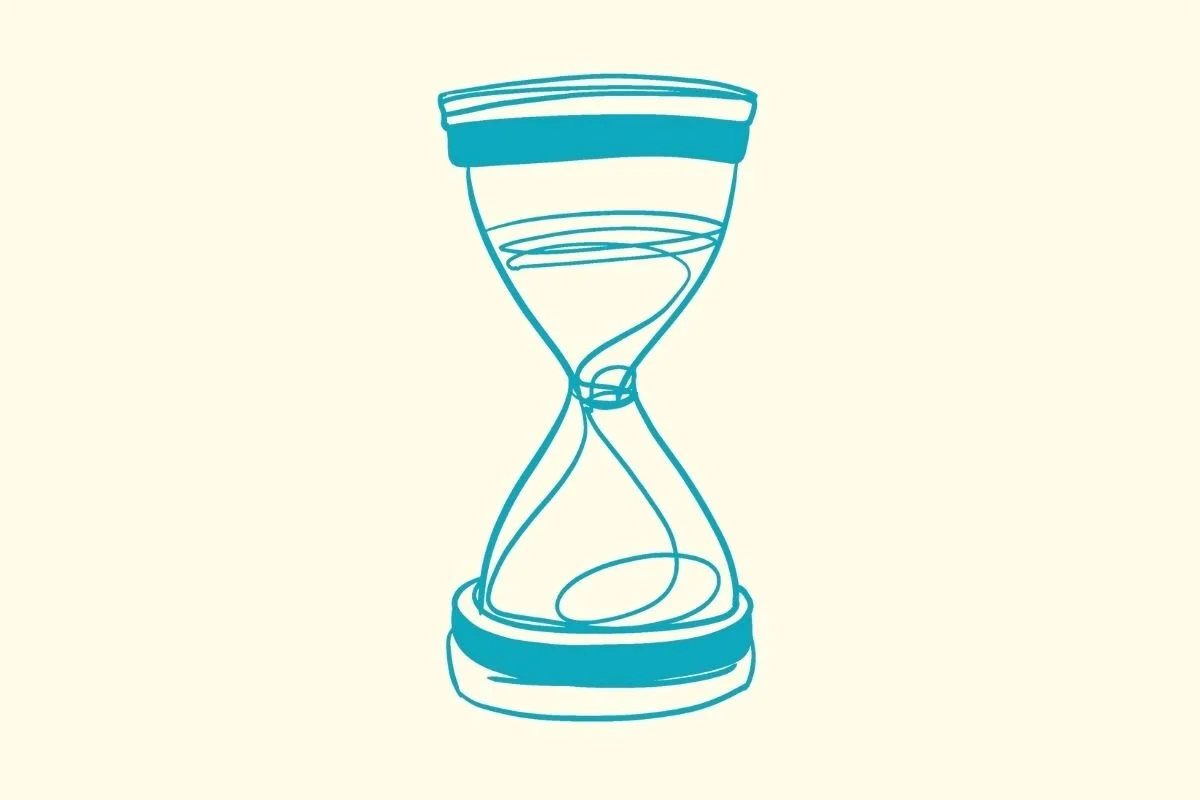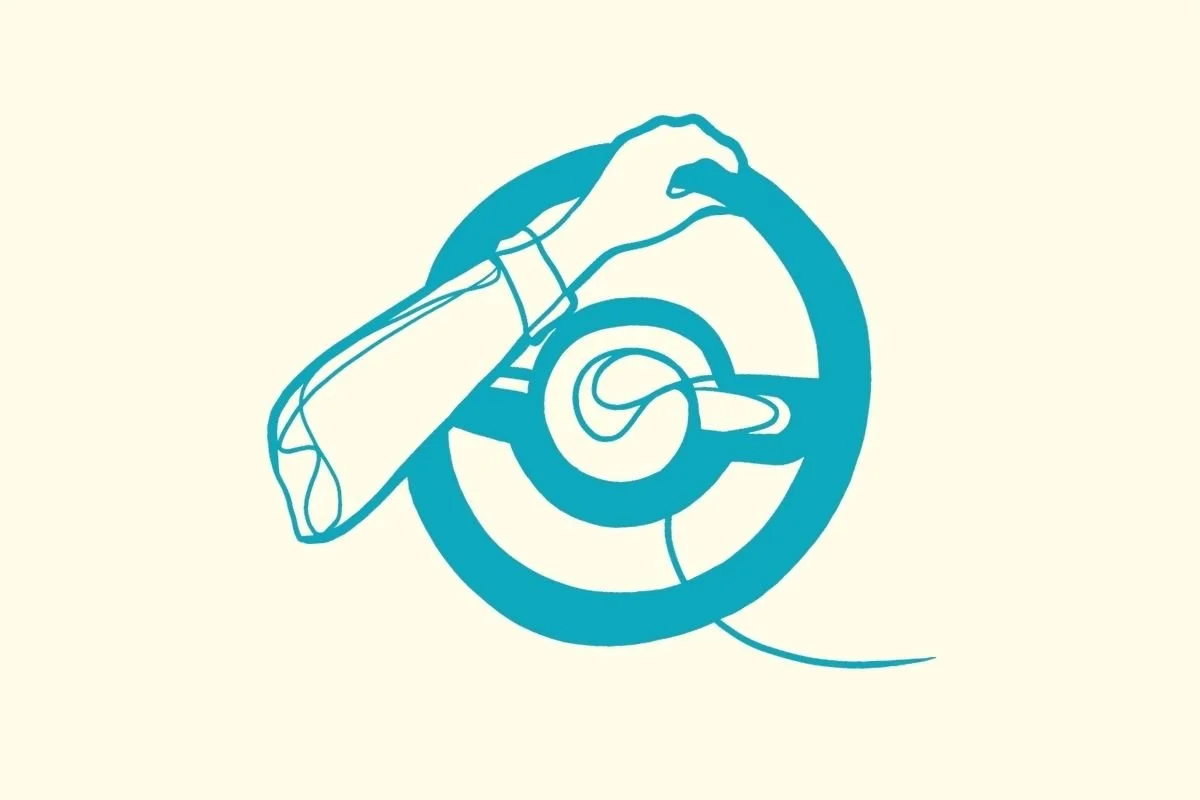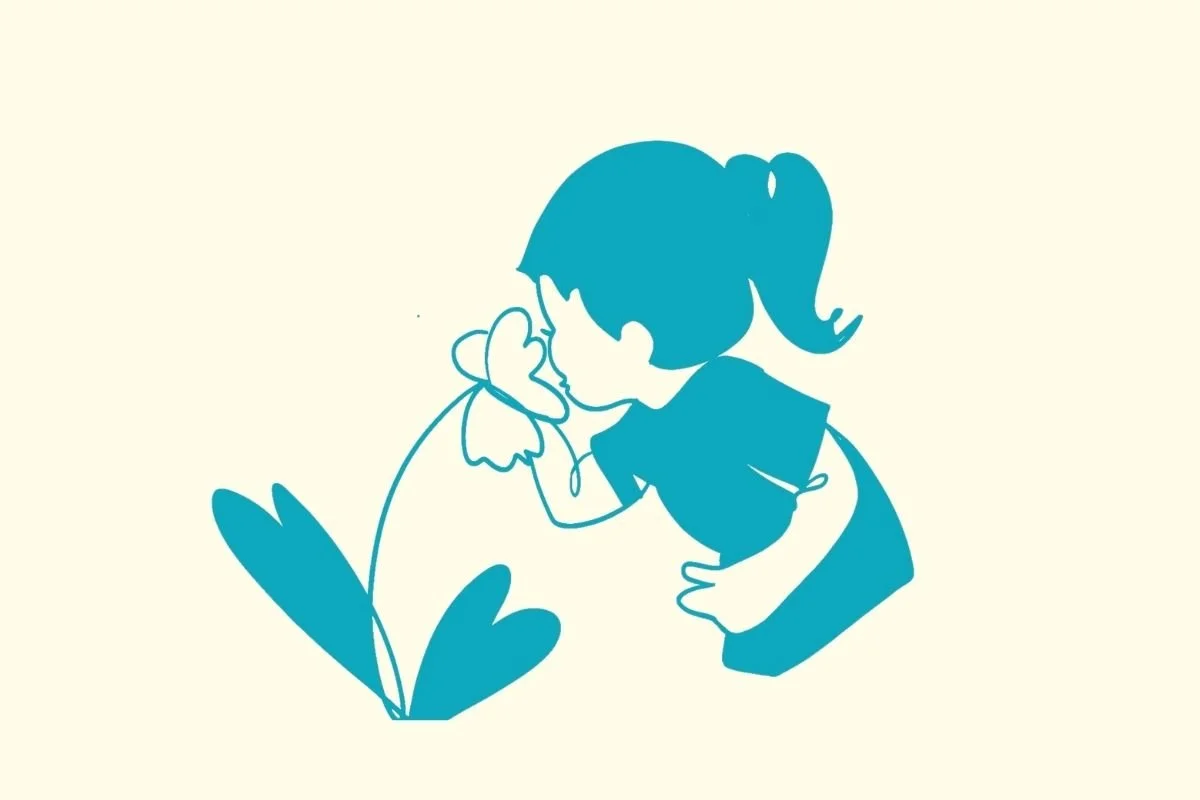Time Perception
I’ve noticed my daughter has started to hit that age where she “feels” time. For example, she feels like summer break is an intolerably long time away, even though there’s less than a month until it starts. As an adult, something happening in less than a month might as well be tomorrow — I know it’ll be upon me before I know it.
And yet, as I sit at my desk and make my way through the usual pile of work, I don’t perceive time as passing particularly quickly. Indeed, many days it seems to crawl by. But looking back at the year, time seemed to fly by, especially compared to my memories of younger days. What’s going on here?
Psychologists have done a lot of research into “chronoception,” or how people perceive time. Understanding these findings will explain why the sense of time is so malleable, and guide you towards making better choices in your life so that the time you have left passes in the most enjoyable way possible.
The first thing to understand is that your brain has a bias towards noticing and remembering new experiences. If you think back to some of your most vivid memories, it’s likely that what you’re remembering was your first time having that experience. The brain is constantly on the lookout for threats, opportunities, and ways to survive its environment, so when something new pops up, the brain says “Hold on, this could be important,” and begins encoding crisp new memories that it can learn from later.
For example, you probably remember the first time you drove a car. There was a ton of new sensory information to take in from all directions, and your survival depended on getting the task right. Your first driving lesson probably went by in a flash, because the brain was completely occupied with all the new skills and memories it had to encode.
But after years of having a car, you barely notice the details of driving anymore. Sometimes you might find you’ve arrived at your destination with no memory at all of the drive over. Your brain didn’t pick up that there was any new or useful information about driving, so it ignored that time behind the wheel.
When you look back at your first driving lesson, you notice that there’s a big file of memories there. This makes it seem like the time passed slowly. After all, look at all the things that happened! But when you look back at a boring daily drive, you find a very thin file of remembered experience. It’s just a dull blur. This makes it feel like time passed quickly.
This is the paradox of our perception of time.
When you’re busy doing new, engaging things, your present-moment time perception will feel fast. You’ll look up at the clock and be surprised that hours passed in what felt like minutes. This is usually a good sign, it means that whatever you were doing was interesting and important to you, and got you into the famous “flow state” where you’re learning and growing.
But when you look back at your day full of new and engaging activities, you’ll feel like time passed slowly because of the high density of new memories. This is why my daughter perceives that it’s taking forever for summer break to come. Each day she’s learning new things, having novel experiences, and has a sense when looking back that a week is a really long time.
This is what I think of as “good-fast” and “good-slow”. It’s a good thing to be engaged and challenged during your days, so that time feels like it’s passing quickly. And it’s good to look back at a productive, full week and feel like time passed slowly because of all the experiences you had.
This leads us to the inverse, which is “bad-slow” and “bad-fast”. When you’re not doing anything challenging, not learning, and not growing, each minute will feel like it’s slowly grinding by. You check the clock and you can’t believe it’s only been 10 minutes — it felt like an hour!
And yet when you look back at a blank week that was filled with “bad-slow” time, it will seem to have passed quite quickly. But it’s a “bad-fast” in that you didn’t seem to go anywhere or gain anything from your time. Bad-slow and bad-fast is the worst of both worlds. The minutes are tedious and slow, but you still feel like time is slipping away faster each month.
When we’re young, the world automatically fills our days with novel experiences that result in good-fast and good-slow time perception. As adults, routine and consistency become your mainstay, and you find bad-slow and bad-fast patterns start to creep in. If you’re not careful you look up and 10 years have flown by.
The antidote to losing all that time is being brave and continuing to force yourself into novel situations. The adult brain is no fan of this idea. The brain always prefers to take the path of least resistance. Learning new skills, meeting new people, and having new experiences is a lot of work! It would be so much easier to stick with what you know and stay safe and cozy in your comfort zone.
Don’t listen to this siren’s call! Keep finding ways to mix things up and have fresh experiences. Sign up for that class. Join that club. Book that trip. Take that person up on their offer. You only have so many days left. Wouldn’t you rather they pass with the good-slowness of an enriching life, and not the blur of timid routine?
No one can make the clock go faster or slower. We’re all locked into time together. But you do have the power to choose how you perceive that precious time. Make the most of it by continuing to learn and grow each passing year!






